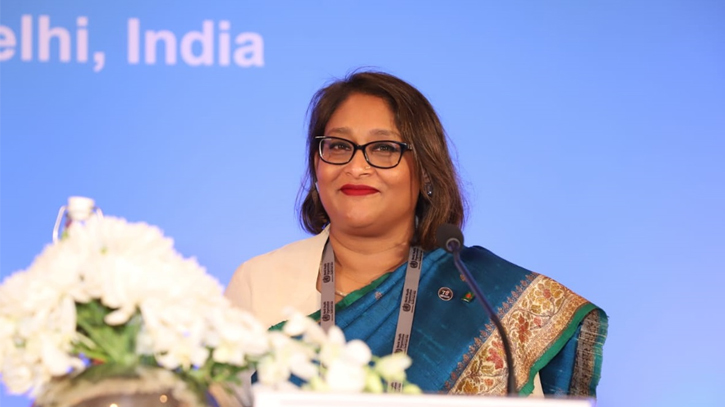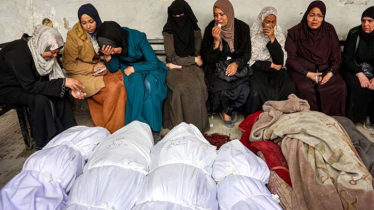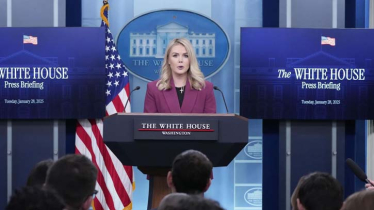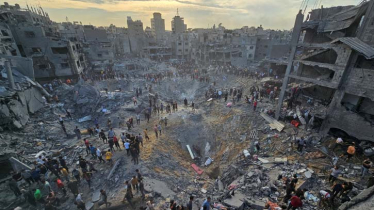
Photo: Collected
Saima Wazed, WHO Regional Director for Southeast Asia, addressed the Regional Consultation on WHO South-East Asia Priority Programme Initiative in New Delhi, marking a significant step in her first year of leadership.
Wazed's opening remarks came after completing the first quarter of her tenure, a period she described as full of learning and valuable interactions with Member States and the WHO team.
During the consultation, Wazed emphasized the creation of a roadmap for the Priority Programmes that will guide the strategic direction during her term. These programmes were developed with contributions from Member States, aiming to address key health issues across the region and achieve transnational and multigenerational benefits.
Wazed shared her vision for the region, focusing on a holistic approach to health and well-being. She emphasized prioritizing the health of women, children, and marginalized groups such as persons with disabilities and underscored the goal of achieving universal health coverage within primary health care.
The WHO Regional Director highlighted the need for strong partnerships and collaborations beyond traditional health system boundaries to address determinants of health outside these systems.
She stressed that in working with a new and expanded range of partners, WHO's technical leadership, drawn from an extensive network of health professionals, could enrich all collaborations.
The consultation will delve into technical and non-technical aspects necessary for promoting health and well-being in the region. Wazed called for country engagement and ownership of the regional Priority Programme Initiatives as a tactical strategy to meet these ends.
Participants are expected to discuss and contribute to the draft strategic framework known as the Regional Roadmap for Results and Resilience. This roadmap aims to drive results, promote resilience, and enhance the health and well-being of communities across the region. It is synchronized with the WHO 14th General Programme of Work to support the accelerated progress towards SDG3 through five key action points: Promote, Provide, Protect, Power, and Perform.
Reflecting on the collective effort required, Wazed stated, "The roadmap for these programmes is now in your hands. I urge all of you to take ownership of it. This is not my roadmap - it is ours. Please give it the best of your intuition, experience, and expertise."
As the region faces various public health challenges, Wazed's call to action sets a hopeful tone for strategic health improvements driven by local solutions and collaborative efforts across South-East Asia.
Messenger/Mumu








